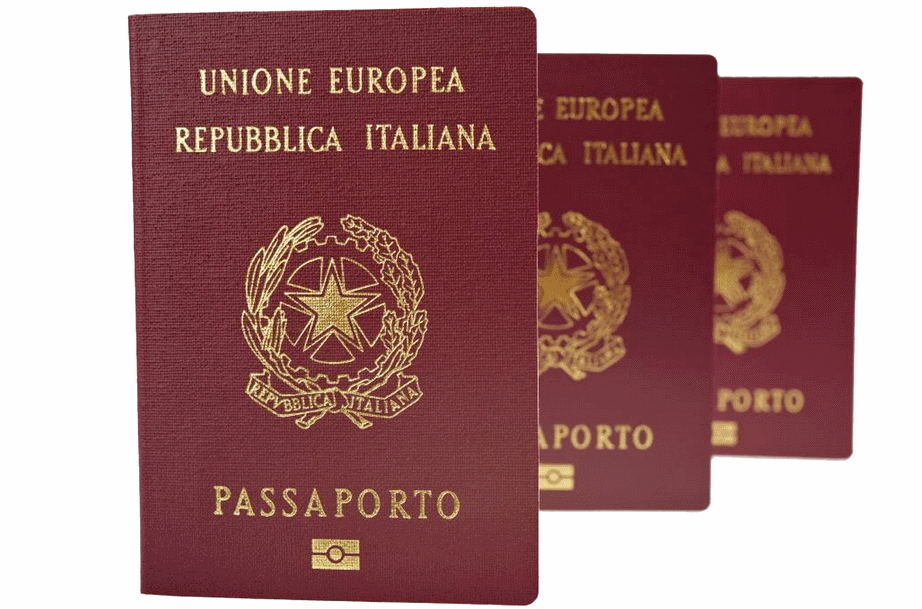Hi all, fairly new to all this so I have a couple of questions.
1. My great grandfather signed a document of intent to naturalize in 1917, and my grandfather was born in 1920. I've heard it takes 7 years to naturalize, does that mean I'm probably good to go through him? I filed a naturalization record request for him.
2. Just in case I'm not good through him, I never found a doc like that that my great grandmother signed. So I'm filling out for the non-existence certificate for her but there seems to be so many variations of her name in multiple documents.
Examples: Vincenza to Virginia, Dibella to Libella or Libello, some using her married name and some not. Would I just fill out multiple documents with all variations?
Thanks for any assistance!
Name discrepancies & 7 year rule questions
Re: Name discrepancies & 7 year rule questions
I haven't heard of the 7 year rule, but try to find their census record in 1920 and 1930 on Ancestry. It should list if they naturalized or where they were in the process. NA means naturalized, PA means papers filed. Good luck!
Re: Name discrepancies & 7 year rule questions
I believe the 7 years applies to the number of years in this country, so it’s possible that your gggf naturalized before 1920. If he did, don’t bother looking for naturalization records for your gggm, because before the 1922 Cable Act women received US citizenship automatically through their husbands’ naturalization. This would make you eligible for a 1948 case if the dates for your gggf don’t work out.
Re: Name discrepancies & 7 year rule questions
There is both a 7 year rule and a 5 year rule, each referring to a different situation. The 7 year rule states that the Intent to Naturalize is only valid for 7 reas from the date of filing. The 5 year rule refers to the length of time the alien has continuously resided in the United Stes.
However, based on the tim eframe of your question, neither of these rules may apply. To encourage immigrant enlistments in the U.S. Armed Forces during World War I, Congress passed the Alien Naturalization Act of May 9, 1918, which exempted foreign-born members of the U.S. armed forces from the usual naturalization requirements. Under this law, service members could become citizens in one day so long as they could prove they were enlisted and had testimony from two witnesses.
You might want to start here:
https://www.familysearch.org/en/wiki/Un ... al_Records
However, based on the tim eframe of your question, neither of these rules may apply. To encourage immigrant enlistments in the U.S. Armed Forces during World War I, Congress passed the Alien Naturalization Act of May 9, 1918, which exempted foreign-born members of the U.S. armed forces from the usual naturalization requirements. Under this law, service members could become citizens in one day so long as they could prove they were enlisted and had testimony from two witnesses.
You might want to start here:
https://www.familysearch.org/en/wiki/Un ... al_Records





